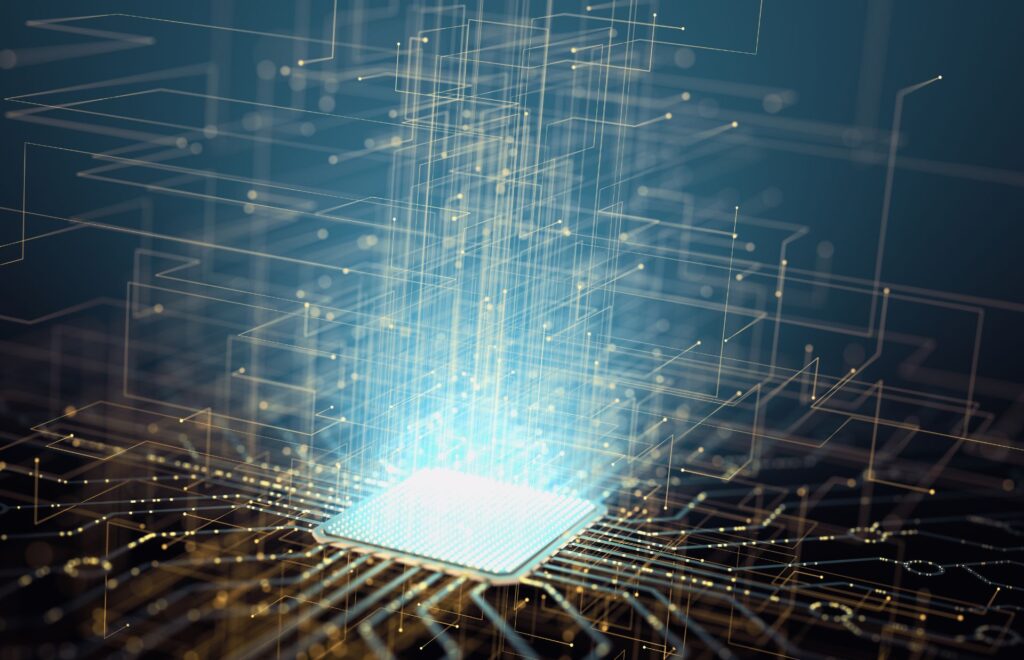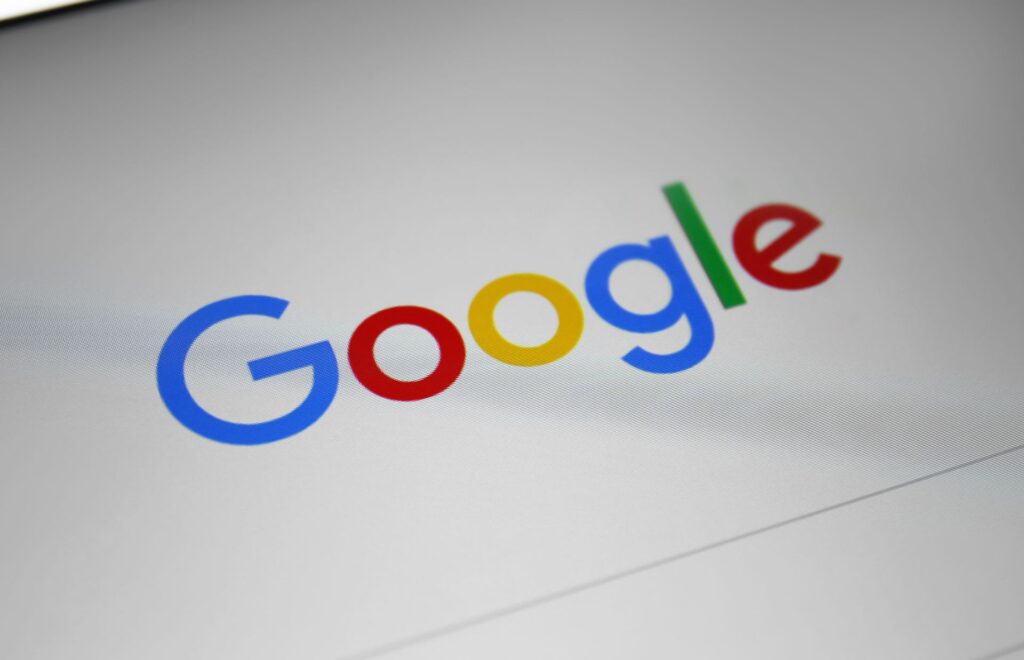Introduction: Big Tech Face-Off
So, here’s the news: Google is going to court in Boston. Why? Well, a computer scientist claims that some of Google’s fancy artificial intelligence (AI) tricks may break the rules. In one corner, you’ll find Google, the big player in tech innovation. On the other hand, Singular Computing, a smaller company, claims that Google stole their ideas and is demanding a whopping $7 billion. battlefield? The future of AI.
Allegation: TPU at the root of the matter
Now, let’s get into the specifics. Google has these special chips called Tensor Processing Units (TPUs) that turbocharge AI tasks like recognizing images and machine learning. Singular Computing, led by Joseph Bates, says Google snatched their ideas. Bates claims he shared his brilliant tech ideas with Google between 2010 and 2014, and saw them turn into Google’s core AI gear.
The Bet: A Big Bet of $7 Billion
If Singular Computing wins, Google could have to pay a staggering $7 billion. This is more than the amount imposed by any other US court in a patent infringement case. This wouldn’t just hit Google’s wallet — it could set up a rule that would make it harder for everyone to share ideas in the rapidly growing world of AI.
Defensive moves: Google’s side of the story
But wait, Google won’t take it quietly. They say that their TPUs work completely differently from the ones offered by Bates. Google calls Singular Computing’s claims “baseless” and thinks they just want a big pay day. According to Google, they started working on TPU in-house in 2013, long before Bates came out. They emphasize that their chip is the result of their years of hard work and innovation.
Testing: Getting into the Technical Stuff
Now, get ready for a little brain exercise. The test is going to be a puzzle, with experts digging deep into how TPU works and the history of Bates’s inventions. The jury, which may not know much about AI, will have to find out whether Google actually did anything wrong.
Beyond the Courtroom: Talking About Fair Play
This matter is more than just a legal dilemma. This makes us think about how companies can use each other’s ideas, even if they have not been officially patented. How do we ensure that people get credit for their smart ideas, while also letting everyone work together in the fast world of AI?
What’s at stake: changing the game
The decision of the case will be like a wave in the pond, which will reach various industries far and wide. If Google wins, it could make companies more open about sharing ideas. If Singular Computing wins, it could mean more companies are afraid to work together, which would slow down the good things happening in AI.

Big Questions: Who Owns AI?
This fight is part of a larger debate over Google’s TPU. As AI becomes stronger, we are concerned about things like privacy, bias, and job loss. This lawsuit forces us to ask who really owns the fundamentals of AI and, ultimately, who has the right to decide where it goes.
Conclusion: The decision’s impact on our digital future
Imagine the Boston courtroom as a little world that shows us what’s next. The decision doesn’t just decide who gets the money – it decides how we continue to invent and work with AI in the future. When that judge’s voice resonates, it won’t just echo in the courtroom – it will shape a future where machines and people work together in an age of super-smart technology.
Also Read QUALCOMM’S ₹177 CRORE INVESTMENT POSITIONS CHENNAI AS GLOBAL TECH HUB
For More Article Click Here

